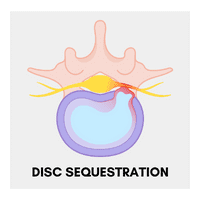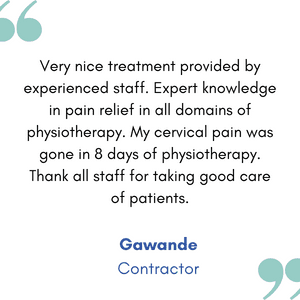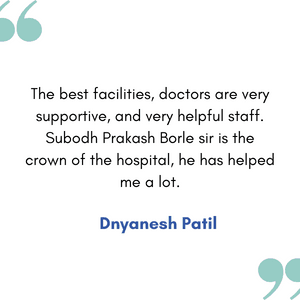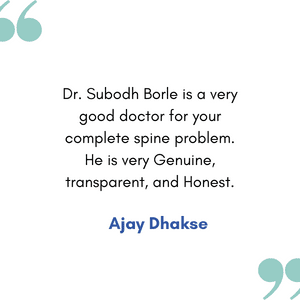Disc Sequestration
Spinal condition where the nucleus pulposus of a herniated disc has broken through the outer annulus fibrosus

The main symptom of disc sequestration is pain in the affected area and/or the legs.
The extruded material from within the disc can press against the spinal nerves which in turn affects sensory signals from other parts of the body. Some of the most common symptoms of disc sequestration include:
• Intense and persistent pain in the back or neck.
• Numbness or tingling sensations in the arms or legs.
• Weakness or loss of muscle strength in the arms or legs.
• Difficulty walking or standing for long periods of time.
• Loss of bladder or bowel control (in severe cases).
• Degenerative changes in the spine due to aging.
• Traumatic injury or sudden impact to the spine.
• Repetitive strain or overuse injuries.
• Poor posture or spinal alignment.
• Genetics or hereditary factors.
• Medical conditions such as osteoporosis or arthritis.
• Medications: Pain relievers, muscle relaxants, and corticosteroids may be prescribed to manage pain and inflammation.
• Physical therapy: Specific exercises may be recommended to help relieve pain, improve flexibility, and strengthen the muscles that support the spine.
• Chiropractic manipulation: A chiropractor may perform adjustments to the spine to help reduce pain and improve range of motion.
• Epidural injections: Steroid injections may be administered to help reduce inflammation and pain in the affected area.
• Surgery: In severe cases where conservative treatments are ineffective, surgery may be necessary to remove the sequestered disc material and alleviate pressure on the nerves.
It’s important to note that the best course of treatment for disc sequestration will depend on the individual case and severity of symptoms. It’s recommended to consult with a medical professional for personalized treatment options.
Department: Spine, Pain Management & Orthopaedics
Dr. Subodh Borle is an accomplished medical professional with a diverse set of skills and extensive experience in Spine, Pain Management and Orthopaedics. His academic and social contributions reflect his dedication to improving the healthcare system and promoting the well-being of society as a whole.
Dr. Subodh Borle
Endoscopic Spine Surgeon & Pain Physician
95% Surgeries avoided with our Pain Management & Physiotherapy Procedures
Treated more than 1.5 lakh patients on spine, pain management & orthopaedic issues
Patients stories
hear what they have to say about us







